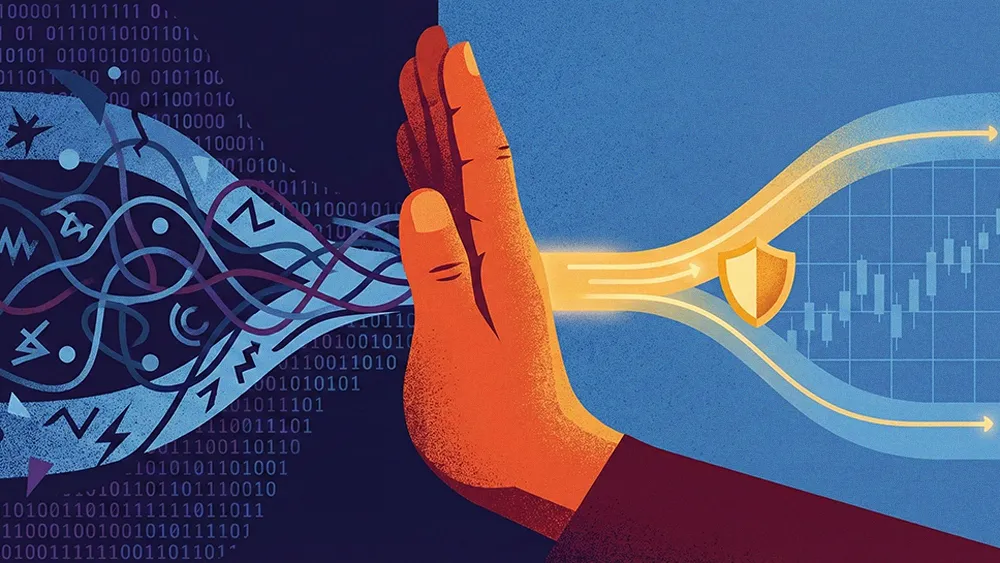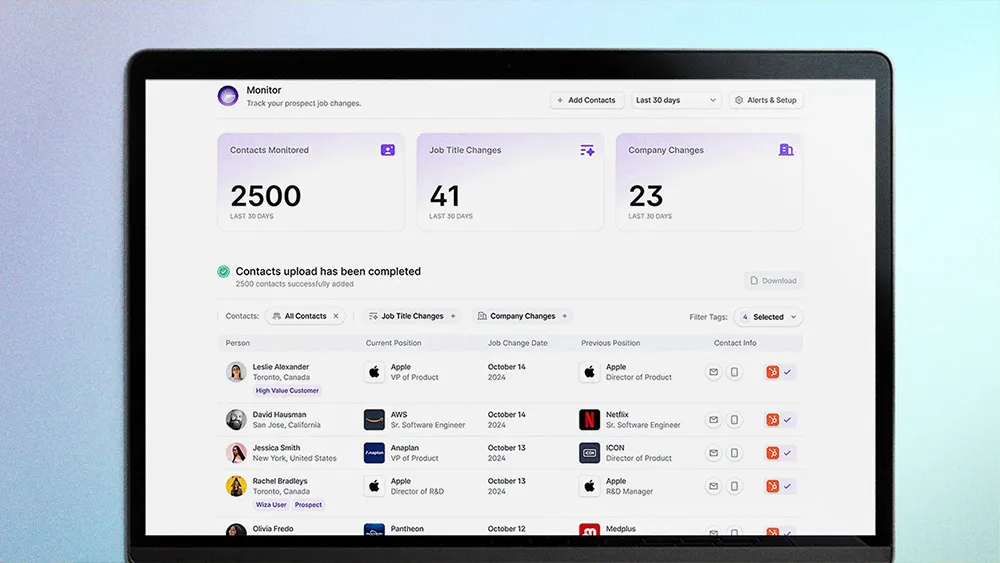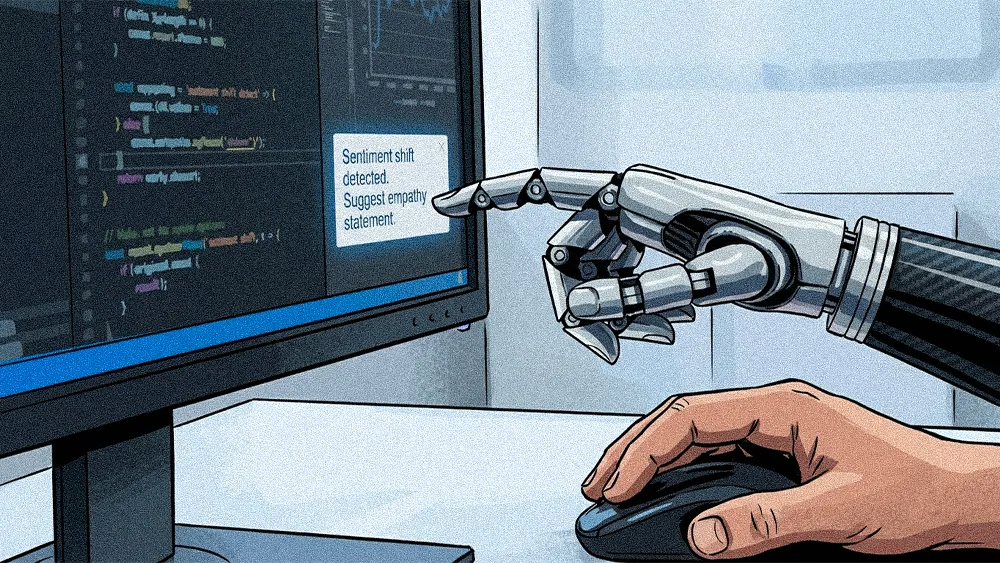
All articles
As CS Becomes a Revenue Driver, Leaders Call for Smarter Growth Tools
Harry Dhebar, Strategic Customer Success leader at Affinity, explains why customer success needs smarter, growth-focused tools to drive revenue and real outcomes.

Key Points
Customer success teams are now responsible for driving revenue and outcomes, but they’re still using tools designed to prevent churn instead of fuel growth.
Harry Dhebar, Strategic Customer Success leader at Affinity, explains why the role must evolve into a commercial function powered by intelligence and signals.
He calls for a new class of platforms that define and measure real business outcomes, arguing that strategy and journey mapping must come before any technology investment.
The 'S' in CSM should really be a 'G' for Growth, because customer success has become a pre-sales function in disguise. Every interaction and milestone is a setup for the next renewal or expansion, not just a box to tick. Real success now means driving growth in relationships, in adoption, in outcomes, and ultimately, in revenue.
Customer success has outgrown its old job description. No longer just about keeping customers happy, teams that once focused on renewals are now expected to drive revenue and real business impact. But they’re stuck with tools made for another era. CRMs and health scores can prevent churn, but they can’t fuel expansion. What the job needs now is a smarter system built for growth.
Harry Dhebar has seen customer success grow up. Now leading Strategic Customer Success at relationship intelligence platform Affinity and formerly Head of Customer Success at Kody, he’s led teams at Cisco, LinkedIn, and Nokia, giving him a front-row seat to the shift across industries. He sees the customer journey as it really is: a continuous loop where value delivery creates ongoing commercial opportunities, requiring both a new mindset and a new class of tools.
"The 'S' in CSM should really be a 'G' for Growth, because customer success has become a pre-sales function in disguise. Every interaction and milestone is a setup for the next renewal or expansion, not just a box to tick. Real success now means driving growth in relationships, in adoption, in outcomes, and ultimately, in revenue," says Dhebar. Meeting these new expectations requires a new playbook, and for Dhebar, that means looking to the world of sales.
System upgrade: "My aspiration is that CRMs are not just systems of record; they are systems of intelligence and systems of engagement." He champions a "signal-based" approach, where CS teams use the same intelligence tools their sales counterparts use to move from reactive management to proactive opportunity hunting. From this perspective, the core CS platform needs to evolve, becoming an active engine for growth. "Instead of account-based marketing, we're really doing signal-based marketing," he explains.
The clearest signal, Dhebar says, is a job change. One person leaves, another arrives, and suddenly the whole account shifts. A champion’s exit can put renewals on shaky ground, but a new leader is often the perfect opening to start a fresh growth conversation.
Champion down: "The most damaging signal is when a champion leaves. A new person comes in with different priorities and sees our platform as something they need to be re-educated on. That creates friction and puts renewal conversations at risk," Dhebar says. "It's a familiar story: a new leader comes in and rips out the entire tech stack to bring in their preferred one. That's why building those relationships quickly and advocating for them is so important from day one."
But for Dhebar, simply borrowing from the sales playbook isn't the endgame. He envisions a purpose-built CS platform that moves beyond just intelligence and activity tracking to actively define, measure, and deliver business outcomes. In his view, success should be quantified in real impact, not in how many calls a CSM makes.
Show me the outcome: "The real question is whether the platform drives a business outcome that matters, like higher revenue, stronger productivity, or measurable growth. When technology can capture and show that impact at scale, that’s when customer success stops being a support function and becomes a true growth engine." Dhebar sees this as the next evolution of customer success, where data becomes the proof of value.
Proof positive: "The real opportunity is to leverage technology to define and aggregate the outcomes customers are achieving across the entire portfolio. This is what creates true advocacy and generates powerful success stories," he continues.
According to Dhebar, there’s one rule before any tool can make a difference: strategy comes first. He believes teams need to map their customer journeys by cohort and persona long before they start adding new software. A clear strategy, he says, is what lets customer success scale without losing its personal touch, and that makes it a stronger growth engine than any platform ever could.
"The foundational work is to define the customer journey. For most customers, you have to lead the customer toward an ideal outcome because they don't necessarily know what that looks like. Once those journeys are mapped, you can use signals to trigger automated, programmatic outreach. That's the strategic work that has to happen before any tool can be effective," Dhebar concludes.







